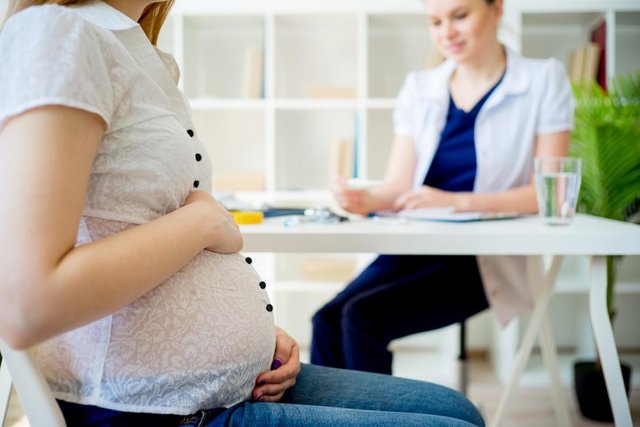
Hello steemians,today, i want to talk about PILES.
Piles is another term for hemorrhoids. Hemorrhoids are collections of inflamed tissue in the anal canal. They contain blood vessels, support tissue, muscle, and elastic fibers.
Many people have piles, but the symptoms are not always obvious. Hemorrhoids cause noticeable symptoms for at least 50 percent of people in the United States (U.S.) before the age of 50 years.
This article will explore piles, their causes, how to diagnose, grade, and treat them, and what effects they might have on the body.
FAST FACTS ABOUT PILES
Here are some key points about piles. More detail and supporting information is in the main article.
• Piles are collections of tissue and vein that become inflamed and swollen.
• The size of piles can vary, and they are found inside or outside the anus.
• Piles occur due to chronic constipation , chronic diarrhea , lifting heavy weights, pregnancy, or straining when passing a stool.
• A doctor can usually diagnose piles on examination.
• Hemorrhoids are graded on a scale from I to IV. At grades III or IV, surgery may be necessary.
SYMPTOMS
In most cases, the symptoms of piles are not serious. They normally resolve on their own after a few days.
An individual with piles may experience the following symptoms:
A hard, possibly painful lump may be felt around the anus. It may contain coagulated blood. Piles that contain blood are called thrombosed external hemorrhoids.
After passing a stool, a person with piles may experience the feeling that the bowels are still full.
Bright red blood is visible after a bowel movement.
The area around the anus is itchy, red, and sore.
Pain occurs during the passing of a stool.
Piles can escalate into a more severe condition. This can include:
excessive anal bleeding, also possibly leading to
anemia infection
fecal incontinence, or an inability to control bowel movements
anal fistula, in which a new channel is created between the surface of the skin near the anus and the inside of the anus
a strangulated hemorrhoid, in which the blood supply to the hemorrhoid is cut off, causing complications including infection or a blood clot

CAUSES
Pregnancy may increase the risk of developing piles, as it causes increased pressure in the body.
Piles are caused by increased pressure in the lower rectum.
The blood vessels around the anus and in the rectum will stretch under pressure and may swell or bulge, forming piles. This may be due to:
chronic constipation
chronic diarrhea
lifting heavy weights
pregnancy
straining when passing a stool
The tendency to develop piless may also be
inherited and increases with age.
Good morning from this other side of Nigeria @dobartim @gloglo @onos @egetex @ungest @gbenga @biggijay
Hi! I am a robot. I just upvoted you! I found similar content that readers might be interested in:
https://www.medicalnewstoday.com/articles/239454.php
Downvoting a post can decrease pending rewards and make it less visible. Common reasons:
Submit